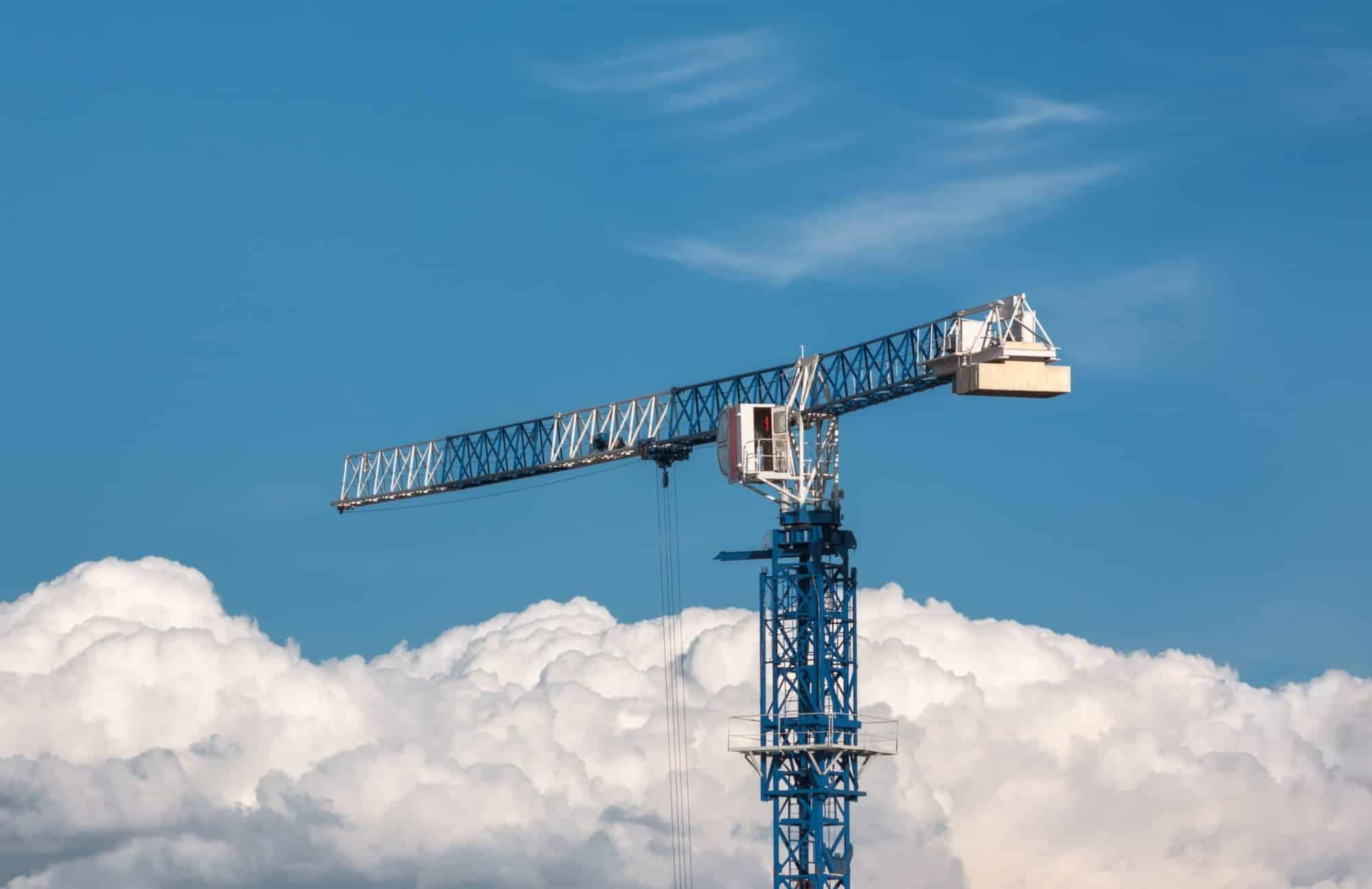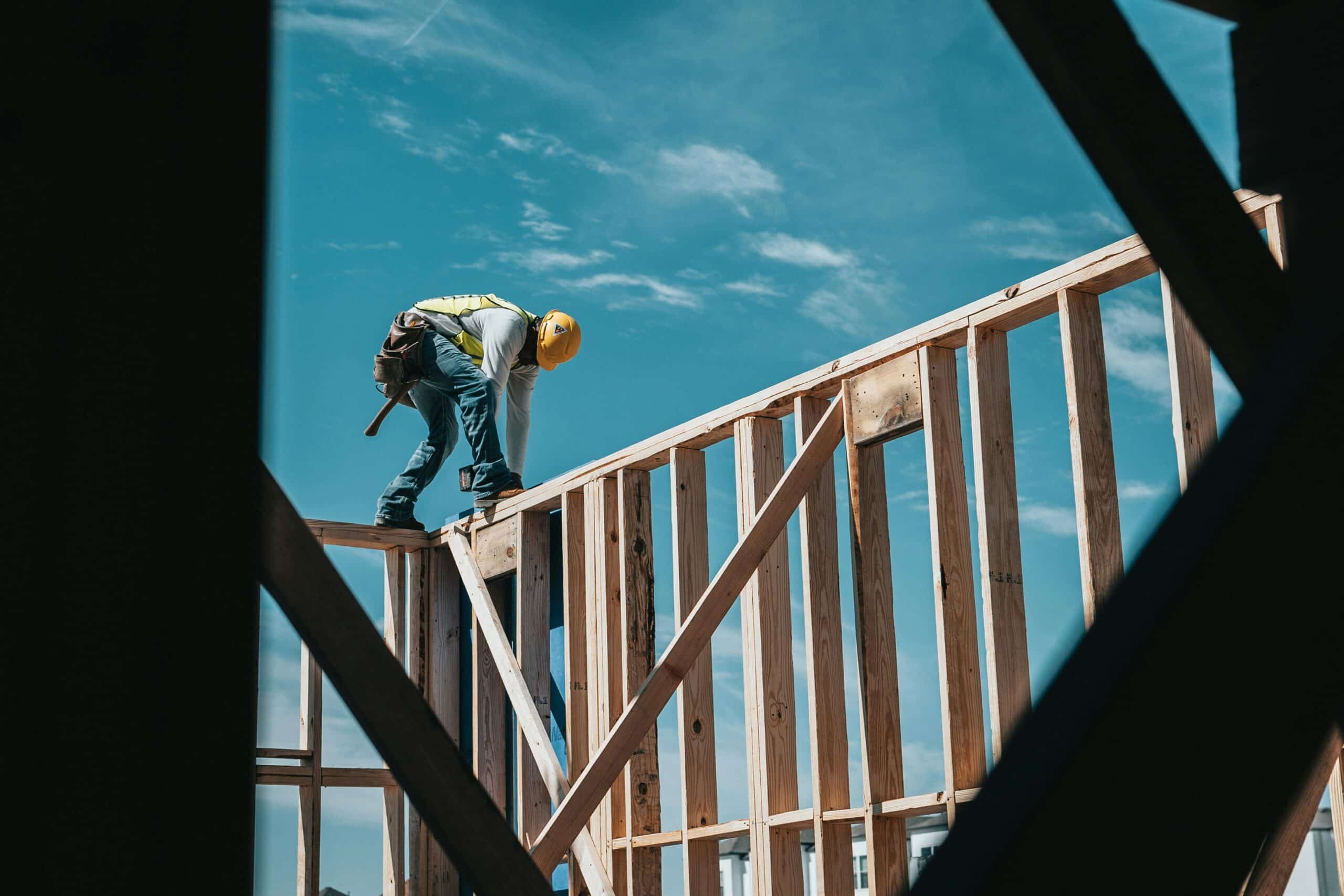Table of contents
If you have a construction business, you probably already know that being able to manage your finances effectively is crucial for sustaining and growing your company. However, no matter how well you are managing your cash flow, you can always encounter situations where additional funds may be necessary.
Seasonal fluctuations, entering new markets, taking on larger projects, facing emergency situations, hiring additional staff, or having to purchase new inventory or equipment are only some of the cases that may throw your finances off.
When this happens — or even before it happens — having timely access to additional funding means that you will be able to keep operations running smoothly with peace of mind. In this situation, a general contractor line of credit can bridge the gaps between cash flow and expenses.
But how do you know it’s the right time to apply for a general contractor line of credit? In this article, we will take a look at some of the key signs that can help you make a well-informed decision.
What Is a General Contractor Line of Credit?
A general contractor line of credit is a flexible financing tool that allows contractors to borrow funds up to a certain limit as needed. It's used to manage cash flow, purchase materials, cover operational expenses, or finance project costs.
Unlike traditional loans with a fixed amount, this line of credit provides ongoing access to funds, and interest is typically charged only on the amount borrowed. This makes it a versatile tool for managing the financial demands of contracting projects.
When Should I Apply for a General Contractor Line of Credit? 7 Signs
So, how do you know it’s the right moment to apply for a general contractor line of credit? Here are some of the most common signs:
1. You experience frequent cash flow shortages
If you find yourself experiencing frequent cash flow shortages, it might be time to apply for a line of credit. This situation is very common in the contracting industry, where payment cycles are project-based, and often irregular due to delayed payments from clients.
Seasonal fluctuations can also lead to a cash flow shortage. During off-peak season, your expenses might continue running to a full extent while income gets reduced significantly. This can lead to challenges in managing your cash flow effectively.
Frequently incurring substantial upfront costs for materials and labor, or unanticipated expenses, can also exacerbate your cash flow issues.
Regardless of the exact reason, if this happens to you more often than you expected and you have difficulties managing your day-to-day operational expenses, don’t hesitate to apply for a general contractor line of credit.
2. You see new opportunities for business expansion
As a contractor, you are probably always on the lookout for new opportunities to grow your business and extend to new markets. When you find a good opportunity, it can be crucial to seize it - unfortunately, sometimes your current finances can’t support it.
In such cases, having timely access to a general contractor line of credit can provide you with the immediate financial resources you need to capitalize on these opportunities.
Whether you are bidding for a larger project, looking to expand into new geographical areas, trying to establish strategic partnerships, or planning to scale up your day-to-day operations to meet increasing demand, you will be able to take immediate action to support your long-term success.
3. You need to purchase new equipment
Businesses in the construction industry require a lot of equipment to be able to operate, from heavy machinery like excavators and cranes to vehicles and power tools. As time goes by, a lot of existing equipment may become outdated or insufficient for current operations.
If you need to purchase new equipment to increase your team's efficiency or to meet the complex demands of larger projects, a general contractor line of credit can be a great financial tool for your business.
You can also use the funding to repair existing equipment that has succumbed to the wear and tear that comes with heavy usage. In both cases, if your cash reserves simply aren’t enough, a line of credit can give you the extra funds you need.
4. You want to take advantage of payment discounts
Quite often, contractors will get discounts from suppliers if they are buying in bulk or if they are making their payments early. Undoubtedly, this leads to cost and time savings in the long run, which is beneficial for the growth of the business.
However, to capitalize on these discounts, you need to have enough cash. If your funds are tied up in ongoing projects or other expenses, you might miss out on these cost-saving opportunities.
A general contractor line of credit can provide you with the necessary liquidity to take advantage of these discounts. This will not only help you reduce overall costs while maintaining cash flow for other operational needs but can also strengthen relationships with your suppliers.
If you pay early or frequently purchase in bulk, many suppliers can give you more favorable terms or priority service in the future.
5. You want to improve your business credit
Another sign it’s time to apply for a general contractor line of credit is if you want to improve your business credit for an upcoming endeavor.
For example, if you are getting ready for a project that’s larger or more complex than usual, and planning to apply for construction financing, you will have to show the lender that you have a good credit score - quite often 680 or more.
This means showing a good credit history and demonstrating creditworthiness. If you are regularly using and repaying a line of credit, this will help you build a positive credit history, which lenders and credit bureaus will track.
By responsibly using a line of credit, such as by making timely payments and keeping the balance well below the limit, you can demonstrate your trustworthiness as a contractor.
This is essential for gaining trust from lenders; it can get you better terms, lower interest rates, and higher borrowing limits with more flexible repayment options. That’s because a good credit score means that you have a lower risk for defaulting.
6. You want to invest in marketing
Marketing is a crucial element for the growth and development of every business, including companies in the construction industry. As a contractor, you may want to invest in:
- Running Marketing campaigns to attract new clients and increase cash flow
- Building Marketing strategies for expanding your business & entering new markets
- Training and development to keep the skills and knowledge of your team up-to-date
- Building a more diversified portfolio of services to grow your business
- Establishing your online presence by building a website or implementing SEO
- Comprehensive market analysis for exploring new potential markets
All of these elements can be costly, and even though they offer high potential returns, they may not be immediate. Getting a general contractor line of credit allows you to maintain cash flow for daily operations while investing in the long-term growth and stability of your company.
7. You want to hire additional staff
Another sign it could be a good time to apply for a contractor line of credit is if you want to hire additional staff or subcontractors. As you take on larger and more complex projects, you may need to scale your business accordingly - and sometimes, you don't have the immediate funds to do it.
Having access to additional funds allows you to increase your workforce as needed without the pressure of immediate cash availability. This flexibility is essential if you want to take advantage of growth opportunities without exhausting current resources.
Bonus Tip: Don’t Wait Until Something Happens
You don’t have to wait for an emergency to happen before you apply for a general contractor line of credit - it can put additional financial strain on your shoulders, and create unnecessary pressure that you could have prevented.
Having a line of credit approved before you actually need the money can be a great strategic move for your contractor business. It prepares you for unexpected expenses, provides a safety net against interrupted cash flow, and allows you to take advantage of time-sensitive opportunities on the spot.
In addition, establishing a line of credit when your financial position is healthy and strong can help you build a positive relationship with your lender, which is highly beneficial for future financial needs.
Applying for a General Contractor Line of Credit
If you are looking for the right lender for a general contractor line of credit, look no further than National Business Capital.
With $3+ billion financed since 2007, multiple awards, and an experienced team of Business Finance Advisors, we have everything you need to find the best financing options for your project.
Are you ready to get started? Apply here.






